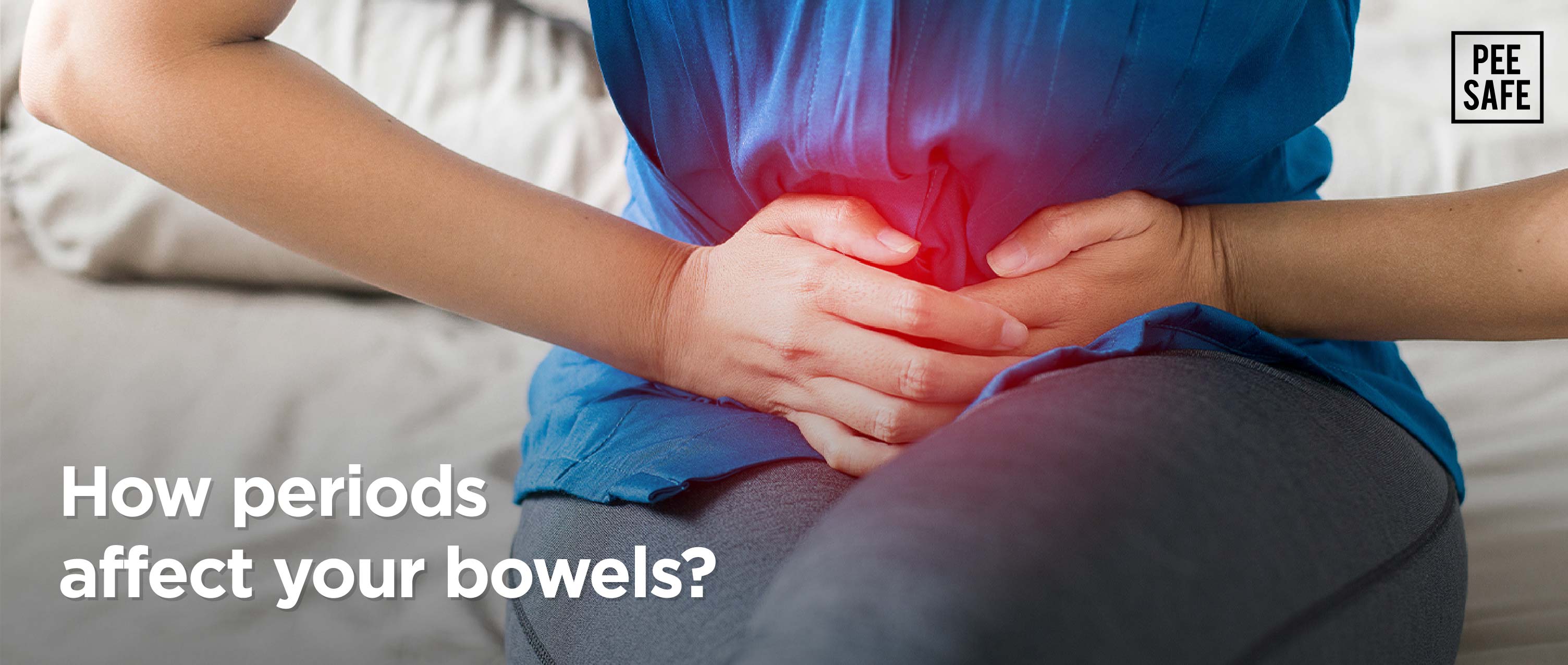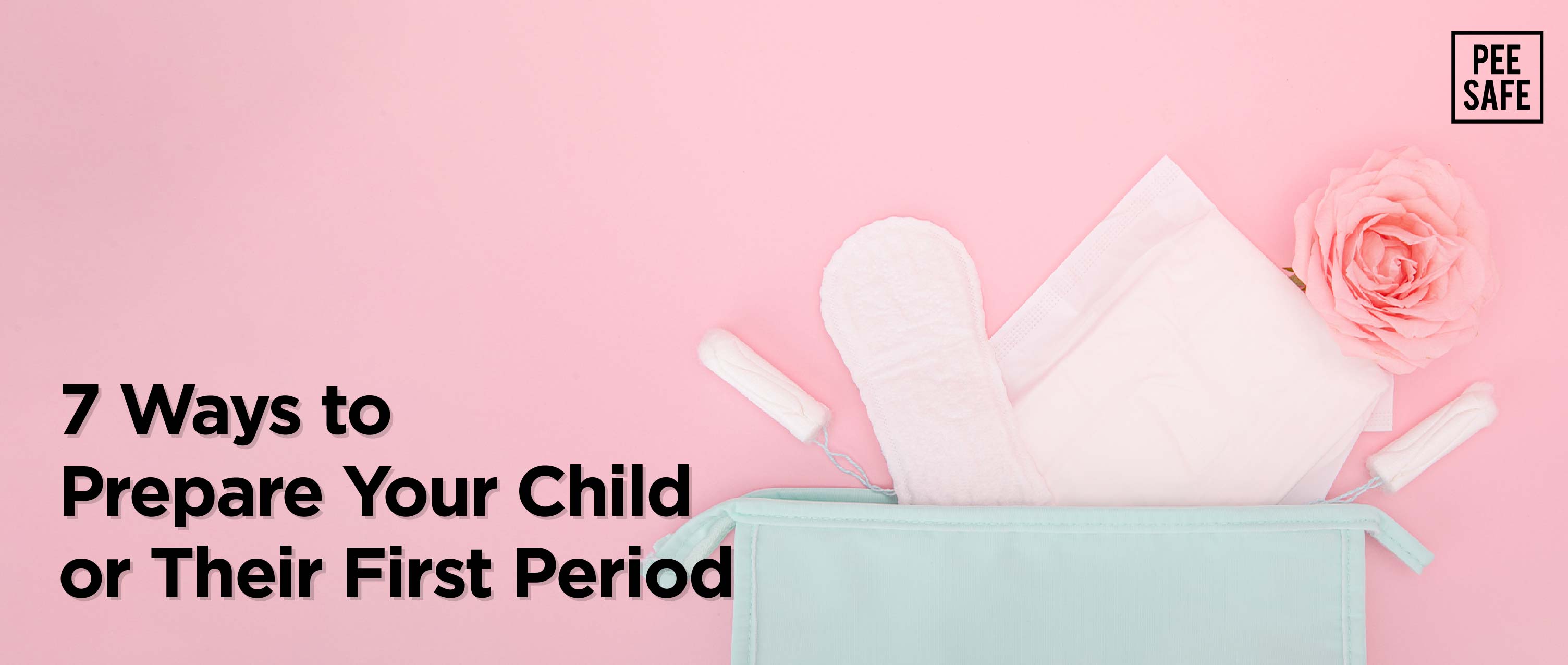Out of the many myths that surround menstrual cups one claims that menstrual cups cause pelvic organ prolapse. Misinformation, rumors and myths make their way to the masses and intimidate the ones who wish to explore more products.
In such a scenario it is crucial to dispel the myth that using a menstrual cup can cause prolapse. We will help you in a way that menstrual cup myths are debunked and misinformation does not come in your way of exploring the reusable menstrual cup and its possibilities.
Let us take a dive into these aspects and learn correctly about pelvic prolapse and menstrual cups.
What is Pelvic Floor Prolapse?
Pelvic floor prolapse is a health condition that happens when your pelvic floor muscles that support pelvic organs weaken, or are injured. The muscles are weakened to an extent that your pelvic organs (vagina, rectum, bladder, uterus) drop into or out of your vagina.
Facilitated and furthered by misinformation, one of the myths that has been propagated is that ‘menstrual cups cause prolapse’. However, this statement holds no truth.
Let us delve further and understand how a menstrual cup works inside your body to know better.
Can a Menstrual Cup Cause Prolapse?
No, using menstrual cups cannot cause prolapse.
Menstrual cups sit inside your vagina creating a suction that prevents spills and leaks. The suction so created does not produce enough force on your pelvic floor to cause damage to your pelvic floor. Menstrual cups are made up of soft medical-grade silicone which does not harm your body unless you have a silicone allergy.
While menstrual cups pose no health risks as such it is important to use the menstrual cup correctly at all times. The minimal leak-proof suction that menstrual cups create can not cause prolapse at all.
Let us understand more about the causes and symptoms of prolapse further.
Causes of Prolapse
Prolapse can be caused due to various reasons, when identified correctly and timely, prolapse is treatable. A few causes of pelvic organ prolapse are:
- Vaginal childbirth
- Obesity
- Excessive pressure on your pelvic region
- Heavy Lifting
- Aging and menopause
You can avoid a few causes of prolapse by maintaining a healthy and active lifestyle.
Symptoms of Prolapse
Symptoms of prolapse might be mild initially, it is advised to treat it seriously and seek medical guidance. Listed below are a few common symptoms of prolapse:
- Feeling of pressure or bulge in vagina
- Discomfort in your pelvic region
- Urine or bowel incontinence
- Discomfort or pain while coughing or sneezing
- Pain during sexual intercourse.
Symptoms of prolapse can usually be improved with pelvic floor and kegel exercises and lifestyle changes, however, medical assistance is always advised.
Conclusion
While some menstruators find it difficult to insert or remove menstrual cups, it has no associations with pelvic floor prolapse. This is yet another myth surrounding menstrual cups and does not stand true. It is crucial to keep in mind the sterilization do’s and dont’s and use your cup correctly as it poses no risks when used correctly. Most importantly you should listen closely to the needs of your body and nurture it. Do not refrain from seeking medical help whenever needed. To know more visit the Pee Safe website.
-
✍️ This article was curated by Manisha Shah




























